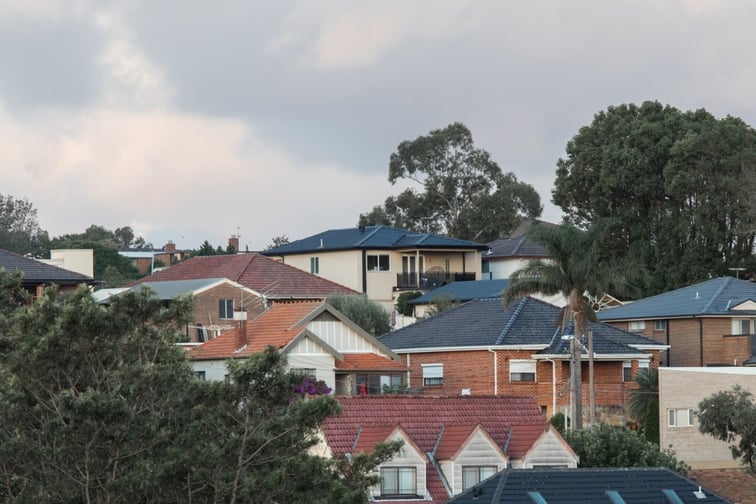

Experts have highlighted a concerning trend in the home and contents insurance market as premiums skyrocket, ABC reported.
In an interview with ABC, Paula Jarzabkowski, a professor of strategic management at the University of Queensland's Business School, pointed to the escalating costs of home and contents insurance as a significant source of financial pressure.
“It's getting to the stage of unaffordable or extreme insurance stress,” she said. “In fact, 1.24 million, or one in eight, Australian households is now facing at least four weeks of gross household income to buy a meaningful house insurance premium.”
Insurance Council of Australia (ICA) CEO Andrew Hall echoed similar concerns regarding car insurance premiums.
“We do worry that about one in four vehicles are on the road without adequate insurance, or any insurance,” he told ABC. “Car insurance has been impacted by the costs going up of parts from overseas or disrupted supply chains and a shortage of new vehicles to be able to replace those that have been written off.”
Jarzabkowski attributed part of the premium hikes to global conflicts such as the Israel-Gaza war and Russia's invasion of Ukraine. She emphasised the necessity of climate migration for a potential decrease in costs.
“We need people moved away from high-cost, high-exposure areas if we're going to bring the price down, and that's a really long-term proposition,” she told ABC. “I think we will have to accept insurance is up a lot more and that's here to stay for a while.”
Hall, who remains cautiously optimistic, raised concerns about the sustainability of these increased costs.
“One of the benefits of rising interest rates is that insurance premium pools are now returning more money,” he said. “We are hopeful that with more capital coming into the system, it will moderate the increases that we have seen over recent times.”
Jarzabkowski emphasised that insurers are shouldering more costs than ever before, necessitating the passing on of these expenses to customers.
“Australia is one of the most disaster-exposed of advanced economies, so part of it is that we're having a lot more losses,” she said. “If you think about insurance as a big wallet, then Australia's got one wallet and that's got to pay for the losses.”
Jarzabkowski expressed concern about the potential rise of the “uninsured” – individuals who may opt to forgo insurance to cope with the increasing cost of living. This reflects the findings of financial comparison site Mozo, which revealed that two in five Australians affected by natural disasters are left with no choice but to ditch their home insurance amid the rising cost-of-living in the country.
Despite the skyrocketing premiums in Australia, Hall cautioned against the risks associated with lacking insurance coverage.
“We know that affordability has become an issue for many people and coupled at the same time with increasing interest rates, people are making choices,” he told ABC. “But it's critically important that you ensure you can keep insurance running on your home and your car.
“People should check their insurance policy and know that they've got their insurance covering everything they would need if the worst was to happen.”
